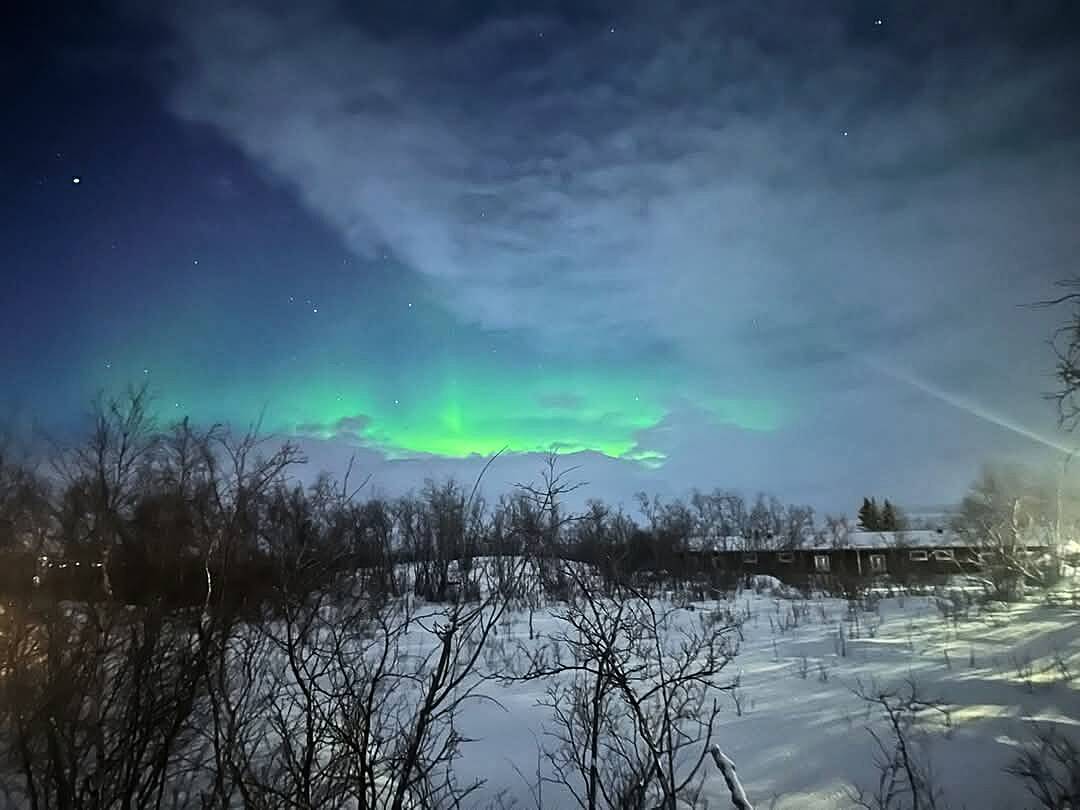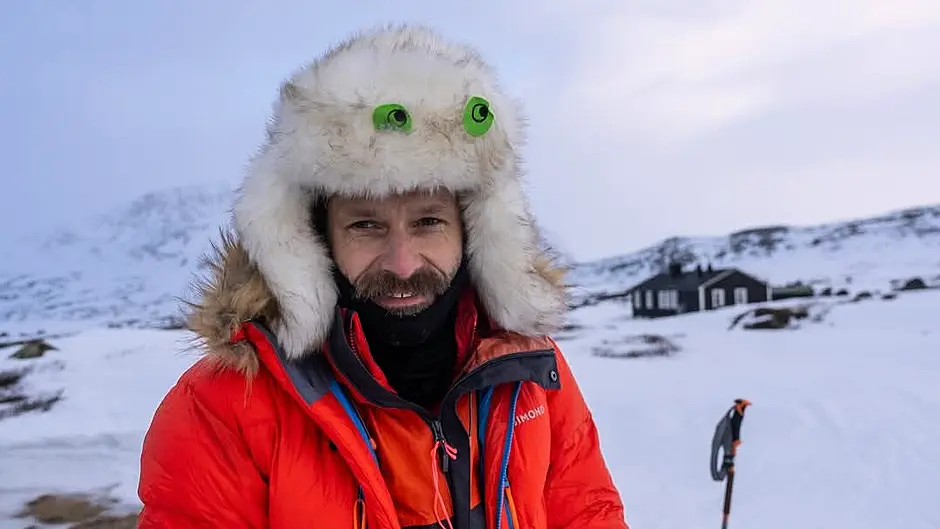BALLINEEN’S Alex O’Shea is well known for breaking records and taking on major challenges, but the Arctic Spine Challenger, held in February along the Kunsleden Trail in northern Sweden, was a particular icy and even dicey affair for him, where he pulled a sled over 129 miles in the epic expedition race.
From coping with snow blizzards , to broken ribs and surviving a dramatic submergence in a frozen lake, it was a battle of gigantic wills for the 50-year-old adventurer.

Alex, ‘The Running Fireman’, previously broke a Guinness World Record for completing a marathon in his full fire gear.
He became the first Irishman to win the Ice Ultra event held in Sweden last year, and has also run 32 marathons in 32 countries in under 16 days for charity.
Alex decided to hang up his international singlet after representing Ireland for the last time on his 49th birthday, having done so five times at European and World Championship level.
‘It wasn’t the end for me and I decided to take on the Ice Ultra in Sweden last year. It’s a five-day event where I ran a marathon a day for five days over snow, while carrying a backpack with temperatures down to -20c.’ he told The Southern Star.
This led Alex to seek even more challenging cold events and he said they don’t come much harder than the 129 mile Arctic Spine Challenger race, which ran for first time last year.
Held on February 8th and following a gruelling journey up the coast of Sweden, Alex attended a three-day training court beforehand as well as an assessment, which was mandatory. His vast experience to date counted for nothing when it came to this race.
‘While I have had some big challenges before, they simply pale in comparison to this. The challenge involved putting all my supplies on a sled and travelling across all terrain. I had to melt snow for water and to rehydrate meals and sleep in a tent or bivvy when tired.’
While battling the elements such as snow blizzards and strong winds, Alex also had to stay ahead of the cut-off times and navigate safe passage through forests and frozen lakes. And it wasn’t all plain sailing, either, for the West Cork man.
‘I suffered a broken rib on the first day and lost my kit and broke a ski on the second day. Then on the third day I fell through the ice, had to self-rescue, and then hike out another 25km to the next checkpoint.’
Alex soon realised that the cross-country skis were more hazardous than beneficial given the challenging conditions he was experiencing.
‘I spent vast sections spent alone marvelling at the views, navigating by moonlight with the northern lights. I was grabbing three to four hours of sleep a night and pressed on slowly through the extreme harsh terrain.’
He said the conditions were hard, while the downhills were very challenging and on one occasion, he lost his footing and his sled pulled him down a hill at speed.
‘Contending with the cold made for slow, endless days. I had never taken on an event where I had to navigate and be so self-reliant. I was used to long endurance but not survival navigation. You are very much in charge of your own destiny and we had to be able to adapt to anything.’
 His nights spent travelling alone, navigating by moonlight, gave him views of the stunning northern lights.
His nights spent travelling alone, navigating by moonlight, gave him views of the stunning northern lights.Alex was also eager to do well and while the race element of it was not a concern, targeting a finish was the goal.
‘I didn’t cut weight and I packed a lot of back-ups and contingency given my inexperience of arctic conditions. I teamed with McWillams Bags and designed a bag with separate compartments so I would know where everything was, no matter what the weather was like.’
He faced one hazardous situation while crossing a particular frozen lake, when it gave way and he found himself submerged in the freezing ice waters.
‘I can remember not hitting the bottom and without thought trying to scramble out, but this only broke more ice. At this point I had two options – either press the SOS button on the military grade tracker and hope for a rescue team, but that would take time. The second option was to help myself as much as I could. I placed my ski poles across the ice in front to spread my weight and gently kicked my legs to float them up behind me and then slid out on my belly.’
However, he faced an even bigger challenge with hypothermia about to set in if he didn’t take urgent action.
‘I got off the ice as quickly as I could and opened my bag. As I designed it I knew where everything was, and this saved vital time.’
He got his tent up and the stove out but his lighters failed as they had gotten too cold, but luckily he had back-ups and lit the stove with a match.
‘At this point I am in the tent and I can see the heat leaving my body, it looked like steam as the heat is being drawn out through the wet clothes. I ripped everything off quickly and grabbed my spare kit from my sled which I had at the door of the tent. I remember thinking, I couldn’t tell if the spare kit was dry or wet. So I rubbed it off my face but I was still none the wiser. I thought to myself, it must be dry as the sled didn’t go in the water.
‘I got my layers on and then placed my hands over the stove to get warmed up until I smelled burning and realised I was burning my finger so this wasn’t my best idea!’
After warming up, he put a plastic bag over his socks to prevent his soaked boots wetting his feet and packed away his tent and kit, but when he arrived at the next checkpoint to be checked out by the doctors, he received news of a family bereavement and had to leave the race and make preparations to go home.
And while Alex didn’t get to finish this enduring race this time around – covering over half the distance – he said he achieved all his goals and so much more.
Not a man to slow down, Alex has now qualified to go back, and this time take on the full Montane Arctic Spine race, an even longer 293 mile foot race along the Kungsleden Trail in 2026.









